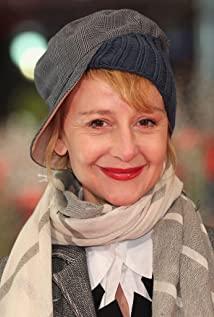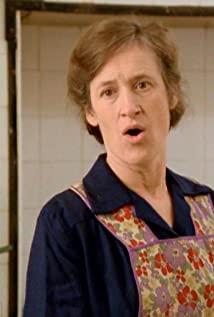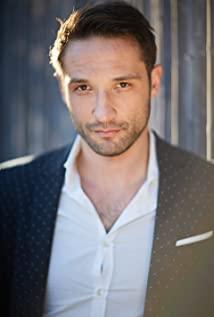Why is it a hybrid?
One is because of the history and the stories the movie describes. Those under coercion or under certain historical circumstances may be doing things they shouldn't or don't want to do in their hearts. External reasons and internal contradictions drive their mentality and behavior to have a certain distortion, so hybrids appear. This will happen in any country, not only during wars, but also after wars. Distortions and hybrids are more likely to appear. Germany, Japan, and China, these three countries that have been injured by World War II are even more prolific in hybrids. Look at the left and right wings of Germany. Conflict, the perversion of Japan, and the complete loss of China's relationship with Japan and its values, it's not hard to understand how hybrids arose.
The current hot-read commentary "Unhappy China" is actually the product of this hybrid. Although I have not read this book, I have seen the comments and the author's comments in the newspapers, and I know a thing or two. The weak coexist with the desire and jealousy of the strong, the helplessness and hatred of the good for the evil are intertwined, and the intersection of all opposites is a place rich in hybrids.
Another point of view from the way of the film’s narrative, an interlude film, the reality and the memory complement each other, the Centrino car and the heavy pace are obviously not in the same tone, although the director can express a gloomy atmosphere, the modern environment is mostly happening. On a snowy day, the glass buildings of modern buildings and the mirrors of cars are so bright even when it snows. This is the United States with a highly developed industry. Dark apartment buildings, cramped elevators, suffocating prison cells, this is 60s Germany. Following the reader's gasp and the heroine's uneasy footsteps wrapped in a tight coat, we can all feel the depressed atmosphere, but with the cadence of the reader's voice, we find that it is so incongruous.
We are all bastards of the times, doomed to swing between spiritual and material, doomed to be lost in self and society.
View more about The Reader reviews











